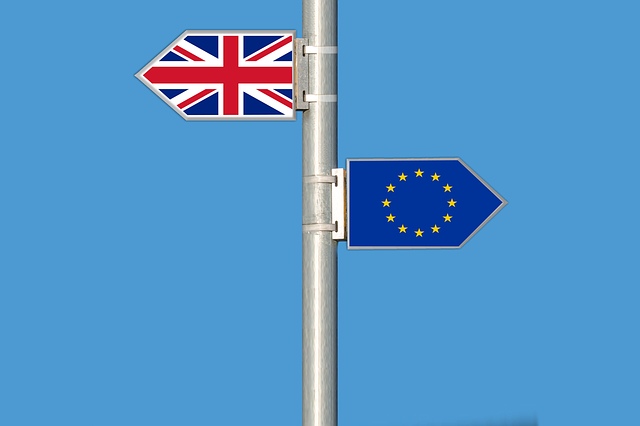So today is the day that the United Kingdom of Great Britain and Northern Ireland exits the European Union. What does this mean? How will this affect you? What exactly are WTO rules? These are all questions that we are looking to answer here.
1. What happens today?
After 11pm on Friday, 31st January 2020, the UK will no longer be a member of the European Union. However, it will continue to be bound by EU law until the end of the ‘transitional period’, which runs from 11pm on 31st January 2020 until 11pm on 31st December 2020. The ‘transitional period’ can be extended although the Prime Minister has pledged not to extend it. The purpose of the transitional period is to allow the government and businesses to make necessary preparations meaning that they will not have to immediately adjust to new laws and trade rules.
2. How will this affect my travel plans?
If you have a holiday in an EU member state coming up this year, there is not too much to worry about. There will be no need to apply for a visa although a European Travel Information and Authorisation System visa waiver will be required for European travel after the end of the transitional period. It is possible that that there will be some delays at some EU airports as British passports may need to be processed in a different way to EU passports.
Driving may also become a little trickier as some countries within the EU require non-EU drivers to obtain an international driving permit and, if you are driving your own vehicle, you will also need a Green Card to validate your insurance.
It seems likely that European Health Insurance Cards, or something similar, will be retained so British citizens should still be able to obtain free (or at least heavily subsidised) treatment.
3. What is the UK’s legal status in relation to the EU?
Despite its continued membership of the customs union and single market until 31st December 2020, the UK will not have any representation in the EU’s political institutions. It will not be represented in the Council of Ministers or the European Parliament. The European Court of Justice will still have jurisdiction in the UK until the end of the transitional period.
4. What is changing and how can I prepare?
Although very little is changing today, the government has still advised individuals and businesses to prepare early for the end of the transitional period.
Any business that moves goods into, or out of, the EU will have to obtain an EORI number to use from 1st January 2021. It will also be necessary to make customs declarations from this date so businesses moving goods should take early steps to decide how they are going to do this and whether they are going to employ a third party to deal with their customs obligations.
Individuals from an EU member state (as well as those from Switzerland, Norway, Iceland and Liechtenstein) should check whether they need to apply to the settlement scheme so that they can remain in the country. UK citizens living and working in an EU country will need to check whether they will be required to apply for residency of that country. They should also check their healthcare status as this may vary from country to country, as will the driving licence requirements referred to earlier.
5. What happens after the transitional period?
Although the transitional period ends on 31st December 2020, and the Prime Minister has said that this will not be extended, there does remain a legal provision that will allow an extension beyond that date. Any extension must be requested by 30th June 2020.
After the end of the transitional period, the UK and the EU will either trade in accordance with any deal that has been reached during the transitional period or it will trade on World trade organisation (WTO) rules. The WTO rules apply where two countries do not have a free trade agreement with one another. It essentially means placing a tax on goods entering the country. The tax on some products are higher than others. For example, the EU places a 10% tariff on cars that come from outside the EU but most dairy products face tariffs of over 35%. Under WTO rules, if the UK chooses not to place tariffs on EU goods, it cannot then place a tariff on goods coming from any other WTO member.
With five offices across Hampshire and Dorset, Dutton Gregory provides legal expertise and dedicated client service. We work closely alongside both individual and corporate clients to achieve successful outcomes.
If you wish to speak to a member of our team, email them today at contact@duttongregory.co.uk or call your nearest office.







